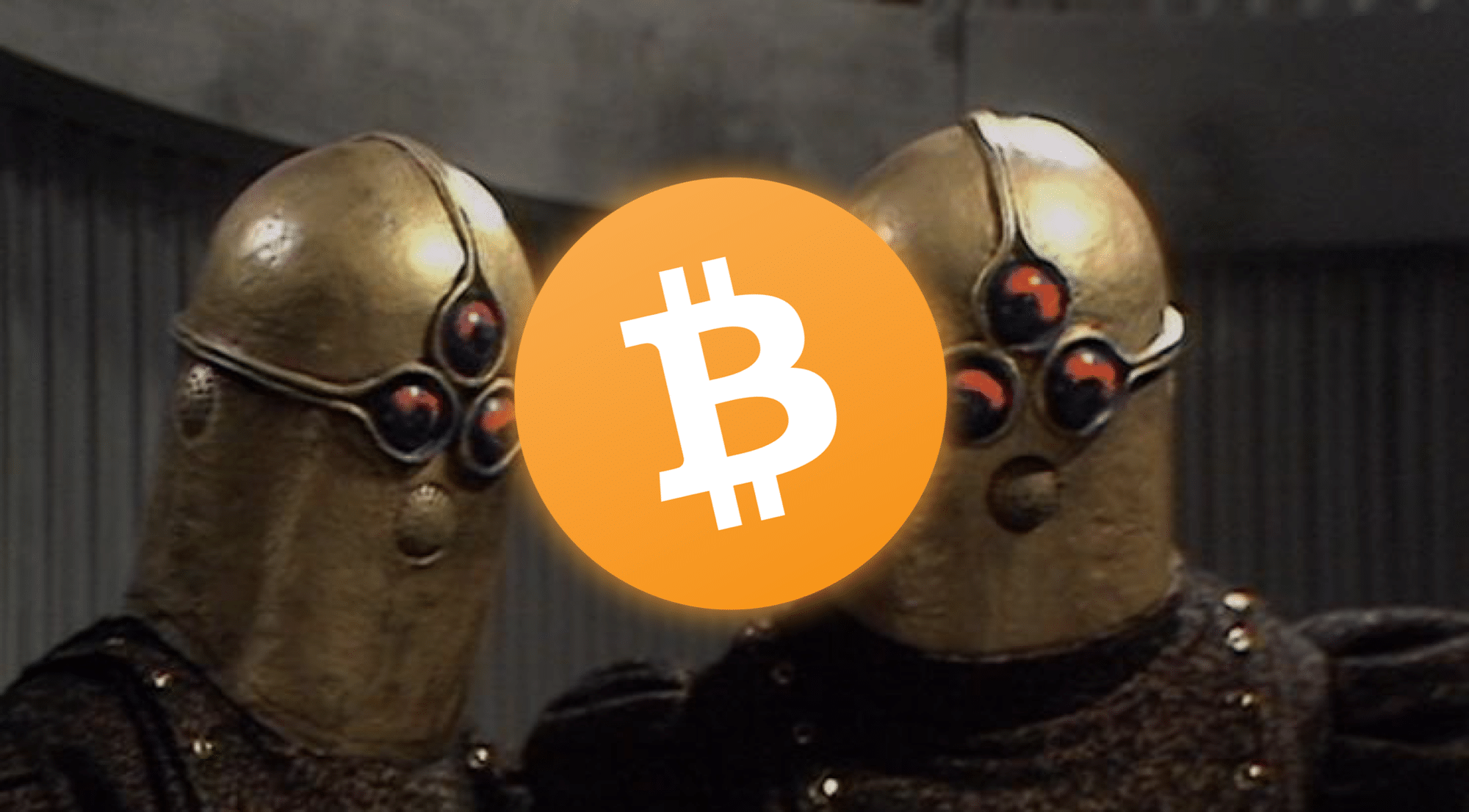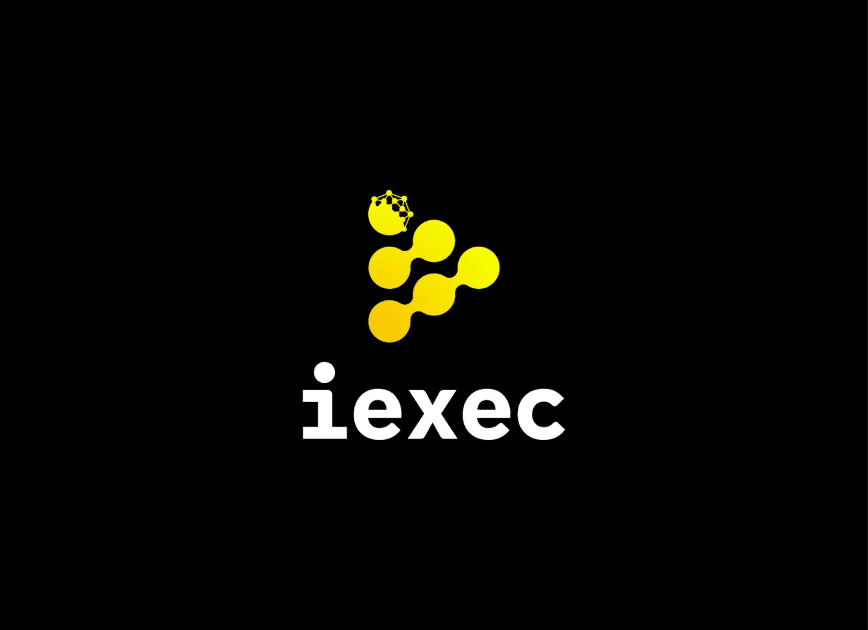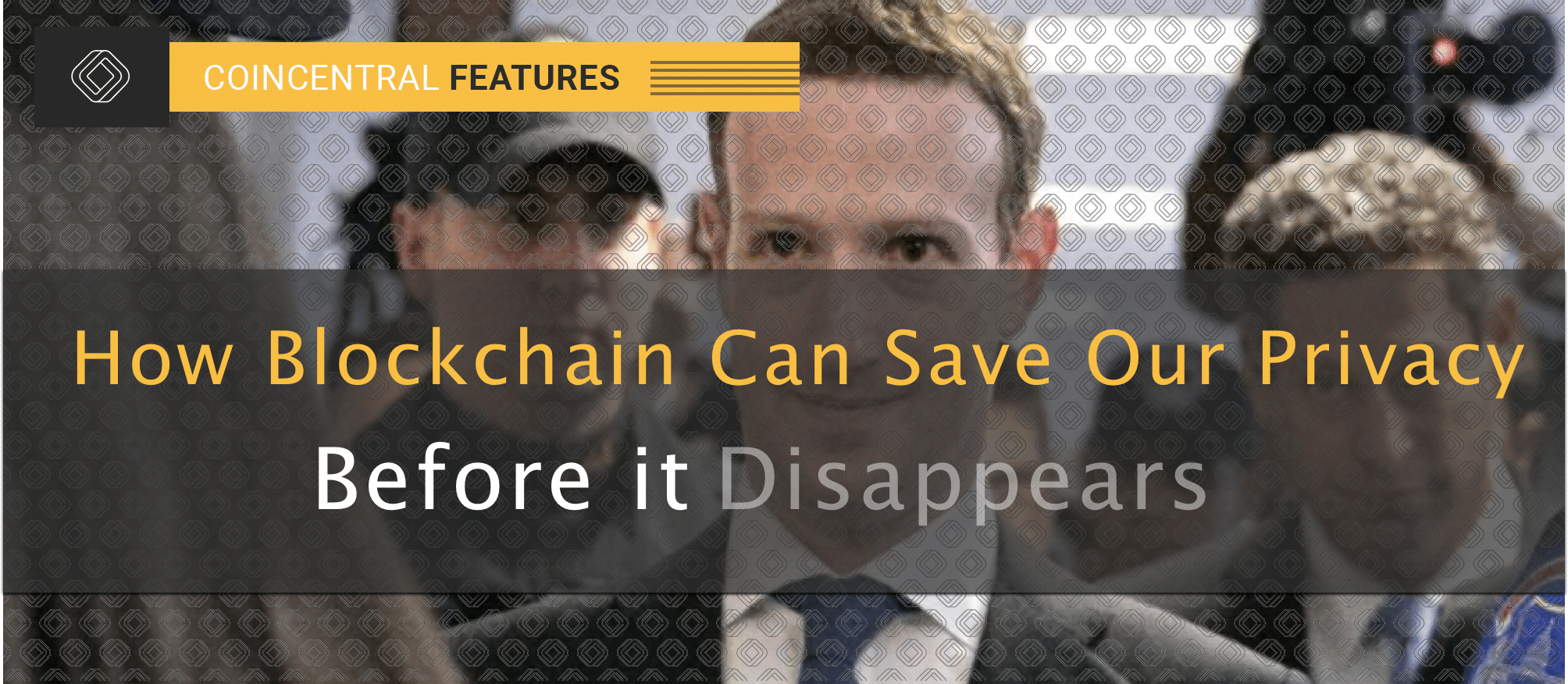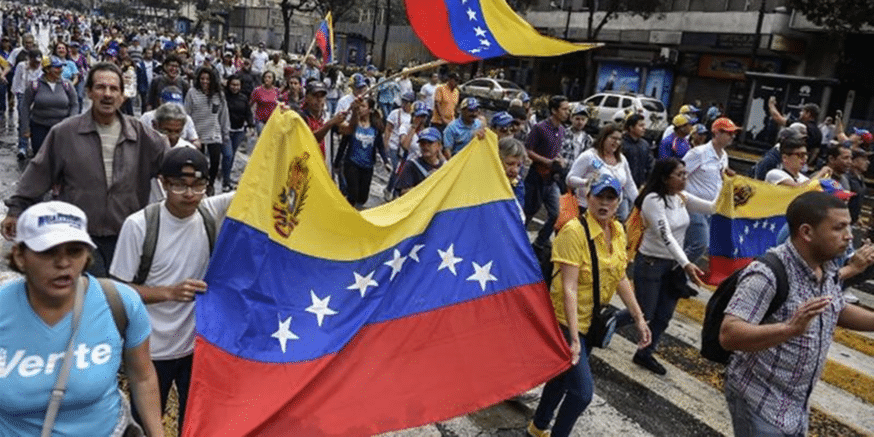- A Political Standoff
- A Pro-Bitcoin President
- Political Unrest Delays the Installation of the First Bitcoin ATM
- Venezuelans Propagate Cryptocurrency Use Across Latin America
Venezuelans are now more than ever before exchanging Bolivars for Bitcoin due to the political uncertainty that has gripped the South American nation. The highly contentious re-election that occurred last year and the subsequent swearing-in ceremony that happened on January 10 has pushed tensions to boiling point.
The re-election saw President Nicolás Maduro retain his presidency after what was widely termed as a show election. The embattled president has ignored calls from the European Union and the international community to step down. Protests against his leadership have also rocked the country.
A Political Standoff
The current political standoff is fueling the scramble to acquire bitcoin. More Venezuelan citizens are opting to use the digital currency because it has higher value retention than the Bolivar. The country experienced a 1,000,000 percent inflation rate in 2018, hence the move towards cryptocurrencies.
Crypto P2P trading platform, LocalBitcoins has reportedly processed over $15 million in Bolivar to BTC trades within the past seven days.
Venezuela currently faces elaborate economic sanctions imposed by the United States’ government. This is due to a spate of human rights violations and flagrant acts of corruption committed by the present administration at the expense of its citizens. Many of the sanctions target President Maduro’s inner circle, as well as a host of government agencies.
The latest government institution U.S. sanctions are targeting is the state-run oil company, PDVSA. The U.S. slapped the PDVSA with sweeping sanctions that bar it from making oil exports to the United States. PDVSA is only allowed to do so if it agrees to accept payments made via blocked escrow accounts, which are not under the control of the country’s leadership.
A Pro-Bitcoin President
Venezuela’s self-proclaimed interim president, Juan Guaido, is an active proponent of Bitcoin and has publicly rallied against Maduro’s cryptocurrency, the petro. The Venezuelan administration has tried to push for its usage among the population by forcing some government-issued payments, such as pensions, to be made in petro.
This has done little to create widespread acceptability. Foreigners who wish to obtain a passport are also required to make payments in the petro cryptocurrency.
That said, Venezuelan citizens are generally distrustful of the government-controlled petro cryptocurrency. This is because the country’s leadership largely determine its fortunes. It is likely that Guaido will ditch the petro if he assumes power.
The current administration developed the petro to circumvent international sanctions. Guaido is supported by many E.U. nations and the United States and is unlikely to need a state cryptocurrency to overcome the sanctions, which are set to be lifted if he usurps Maduro.
The good news for the BTC crypto community is that he has shown great support for Bitcoin since 2014. Numerous tweets illustrate his enthusiasm for the digital currency in its formative years.
In December 2017, when Bitcoin was experiencing a boom, he dissed Maduro’s petro cryptocurrency, dismissing it as a digital scam. According to his statement, no one could ascertain whether it was really backed by the country’s oil reserves.
Guaido has also been supporting Bitcoin adaptation efforts in the country and was quick to announce the launch of the Plataforma Sur Bitcoin cryptocurrency exchange platform, which allows Venezuelans to trade their Bolivars for BTC.
Political Unrest Delays the Installation of the First Bitcoin ATM
Venezuela is set to get its first bitcoin ATM in the coming weeks. This is according to Jorge Farias, the CEO of Cryptobuyer, a Panama based crypto ATM enterprise. He declared this during a recent interview with Union Radio.
Farias revealed that the ATM was already in the country pending installation. Speaking to Coindesk, he cited political unrest as one of the main reasons why his team was hesitant to begin installation right away.
The new Bitcoin ATM development comes in the wake of reports that the Venezuelan government has been intermittently blocking access to the LocalBitcoins P2P crypto trade website. This is amid government concerns that capital flight at this crucial moment could further cripple the country’s economy.
LocalBitcoins has reportedly processed over $15 million bitcoin-Bolivar transactions within the past month. Reports of the block are unconfirmed as CoinDance still indicates that Bolivar-bitcoin trades on the platform are on the rise.
Venezuelans Propagate Cryptocurrency Use Across Latin America
Venezuelan citizens have a long history with cryptocurrencies, which have for many years offered respite from the Bolivar’s high inflation rate. They are also viewed as a suitable means of money transfer.
According to Matias Goldenhörn, a director at Athena Bitcoin, the South American crypto ATM market has been growing at an exponential pace. This is largely because of the widespread awareness propagated by the Venezuelan diaspora community.
Because of the economic sanctions that have crippled the country’s international money transfer system, many opt to send funds to their relatives back at home via cryptocurrency networks. The Venezuelan diaspora community also helps spread crypto awareness across the continent.
According to Goldenhörn and Welche Aktien Kaufen 2020, Athena Bitcoin has been able to rake in about $3 million in profits from 25 crypto ATMs installed across Latin America largely because of this social element.
(Featured Image Credit: Aljazeera)
[thrive_leads id=’5219′]
Never Miss Another Opportunity! Get hand selected news & info from our Crypto Experts so you can make educated, informed decisions that directly affect your crypto profits. Subscribe to CoinCentral free newsletter now.










